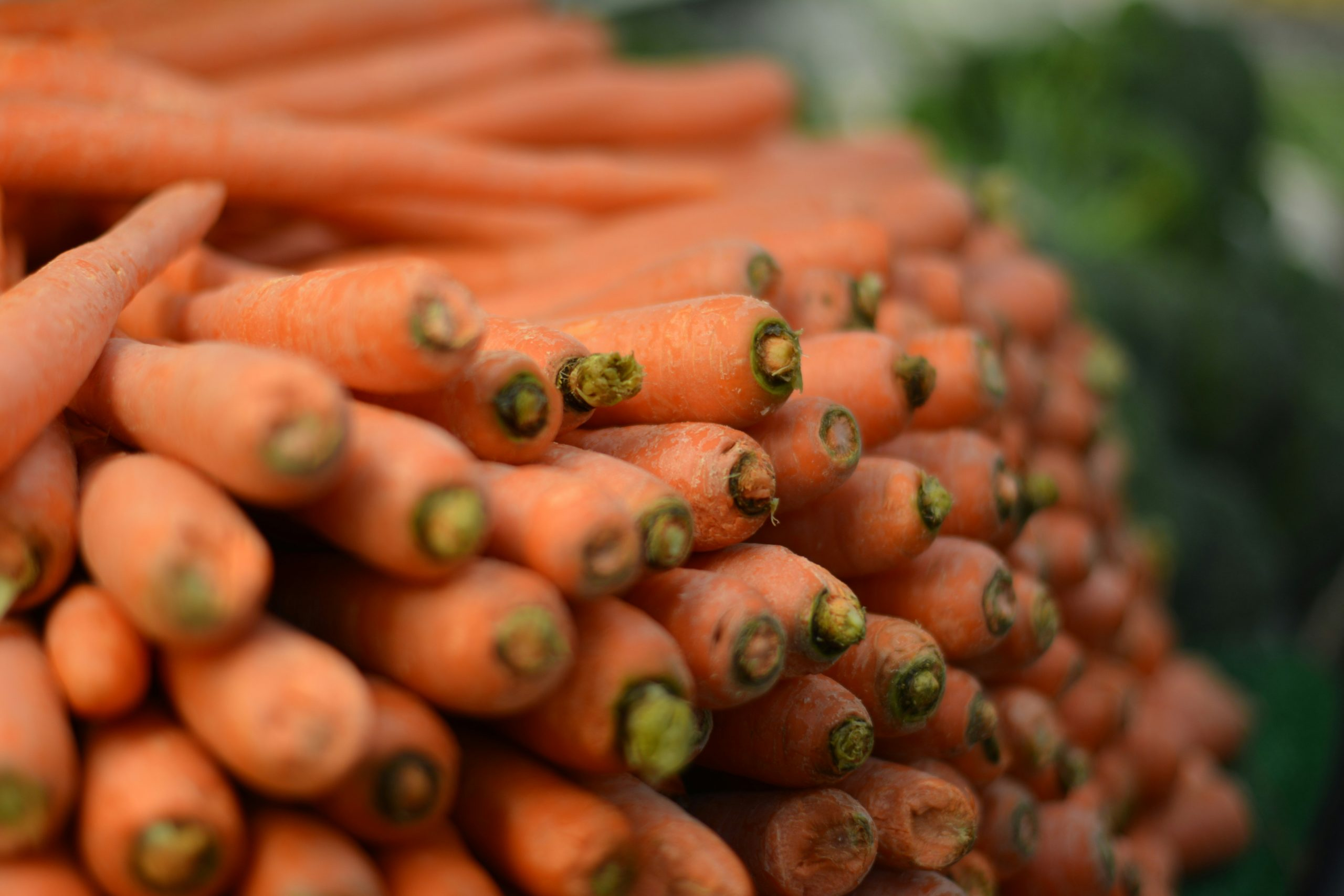Embracing Your Cultural Food Heritage: Finding Connection Through Cuisine
The saying “food is the universal language” holds true in many ways. Food is not just a source of nourishment, but it also serves as a representation and celebration of one’s culture and heritage. Every culture has its unique cuisine, and it is through food that people can connect with their cultural roots and share their stories and traditions with others. In today’s globalized world, it is crucial to embrace and celebrate our cultural food heritage, as it not only helps us stay connected to our roots but also allows us to find connection with others through cuisine.
Embracing Your Cultural Food Heritage
Embracing one’s cultural food heritage means to appreciate, preserve, and celebrate the traditional cuisine that has been passed down from generation to generation. It is not just about the food itself, but also the stories, rituals, and customs that surround it. Traditional food is deeply ingrained in a culture’s identity and reflects its history, geography, and beliefs. Hence, it is vital to recognize and embrace our cultural food heritage to understand and appreciate our roots better.
The Significance of Cultural Food Heritage
Cultural food heritage is not limited to just the food that is enjoyed by a specific group of people. It also includes the techniques, tools, and knowledge that have been passed down through the ages. Traditional food is often prepared using methods and ingredients that have been used for generations. It is a way of preserving recipes and techniques that might otherwise be lost due to the modernization of food industry and changing food habits. By embracing cultural food heritage, we keep these traditions and practices alive and pass them on to future generations.
Connecting with One’s Roots
Food has the power to evoke nostalgia, memories, and emotions. For many people, traditional food is a reminder of their childhood, their family, and their culture. It is a way of connecting with their roots and preserving their cultural identity. By embracing their cultural food heritage, people find a sense of belonging and pride in their traditions and customs. It also helps them explore and understand their history and ancestry.
Finding Connection Through Cuisine
In today’s fast-paced and interconnected world, cultural diversity and global cuisine have become more accessible than ever before. People are eager to try new foods and explore different cultures through food. Embracing one’s cultural food heritage not only helps individuals stay connected to their roots, but it also provides an opportunity to share their culture with others. Food can be a bridge that connects people from different cultures and backgrounds, breaking down barriers and promoting cultural understanding. By sharing traditional food, people can learn more about each other’s history, customs, and values, fostering a sense of connection and community.
The Role of Google SEO in Promoting Cultural Food Heritage
In today’s digital age, Google is often the first place people go to search for information. Google SEO helps to ensure that the information people are looking for is readily available and easily accessible. Hence, it plays a significant role in promoting cultural food heritage. By optimizing online content with keywords related to cultural food heritage, traditional recipes, and cooking techniques, people can find information about their cultural food easily and learn more about it. This not only helps to raise awareness and appreciation for different cuisines but also promotes cultural diversity and understanding.
Conclusion
In conclusion, embracing our cultural food heritage is essential for maintaining our cultural identity and promoting understanding and connection with others. Traditional food is not just about nourishing the body, but also the soul. By preserving and celebrating our cultural food heritage, we can ensure that our traditions and customs are passed on to future generations and continue to be a source of pride and connection for all. Let us embrace our cultural food heritage and share it with others, as we celebrate diversity and promote cultural understanding through cuisine.










